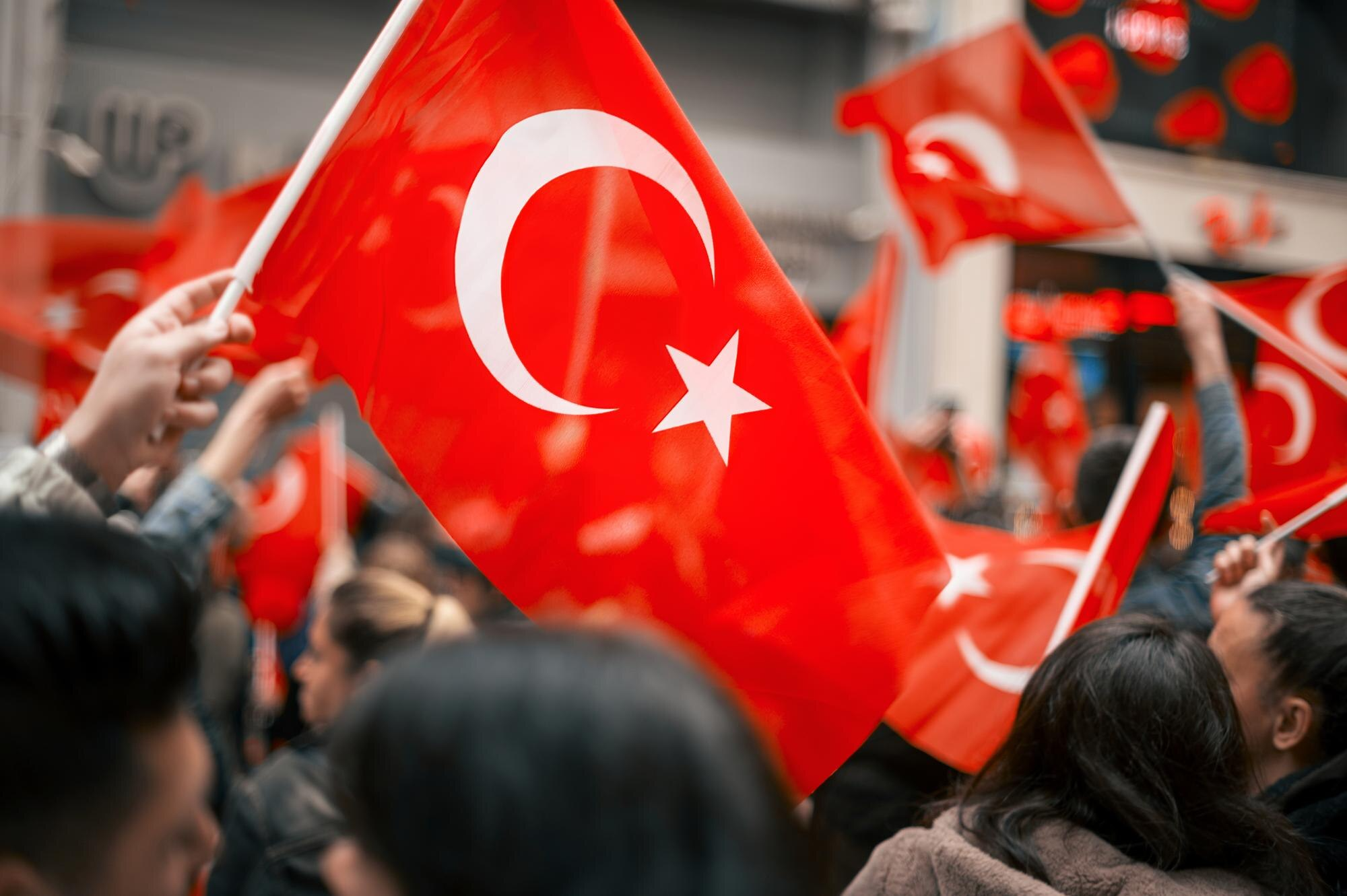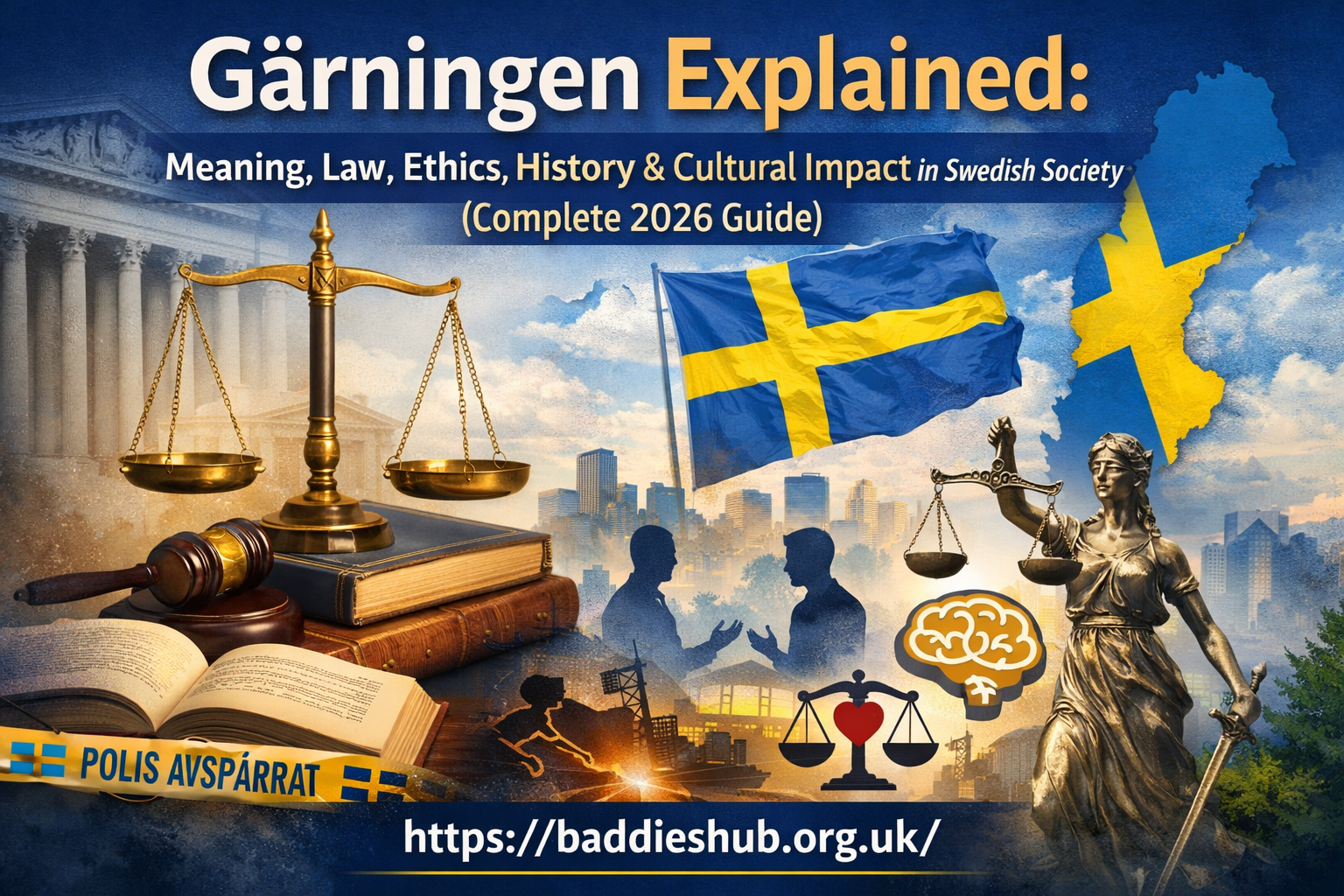Introduction: Beyond a Political System
When we hear the word cumhuriyet, our brain can immediately add a picture of the parade on 29 October, waving flags, or a speech that celebrates the vision of Atatürk. However, the Kamurite is more than a date, more than a legal declaration, and of course, just more than a political system. It is a breath—an ongoing force that gives life to a nation’s spirit.
For Türkiye, a modern, democratic society had a bold step in the centuries of the Community Empire. For a broad world, it refuses to deny the stubbornness of humanity. To understand Cumhuriyet, you have to understand the heartbeat of freedom.
The Meaning Behind the Word
Unlike many political terms borrowed from the West, Cumhuriyet is a deeply rooted word in Turkish. Derived from “cumhur,” meaning the community or the crowd, it emphasizes people as the true source of power.
Where monarchies declare, “I rule because of birthright,” Cumhuriyet whispers, “We rule because we exist.”
Where the empire claims legitimacy through the divine order, the Kamhurite emphasizes worldly equality.
It is a philosophy of why Atatürk described it not only as a system, but also as a virtue. It is moral, moral, and human-centered.
The Road to Cumhuriyet: A Wounded Empire’s Transformation
Ottoman Shadows
By the 19th century, the Ottoman Empire was lame under its weight. The reformers tried to bring the constitutionality, but the monarchical authority strangled those efforts. The diverse population in religion and ethnicity began to question the loyalty to an empire that could no longer give justice or progress.
War and Awakening
World War I scattered Ottoman lands like broken pottery. The occupation of Anatolia ignited the War of Independence, led by Mustafa Kemal Atatürk and a determined generation who decided they would rather die as free people than live under foreign rule.
A Dawn in 1923
Thus, on 29 October 1923, the Grand National Assembly declared the Republic. It wasn’t just paperwork; it was a resurrection. A nation battered by war stood up, declaring to the world: “We govern ourselves. Our fate is in our hands.”
Cumhuriyet as a Revolution of the Mind
The true uniqueness of Cumhuriyet in Turkey lies in the fact that it was not only political but also psychological. Atatürk and his companions understood that changing a government meant little if people still thought like subjects instead of citizens.
Breaking Old Chains
- The Sultan and Caliph, symbols of unquestioned authority, were abolished.
- Citizens were encouraged to ask, criticize, and vote.
- Education replaced obedience with inquiry.
Empowering the Invisible Half
Perhaps the boldest move was granting women equal rights long before many Western countries. Women can vote, be selected, and shape the republic. The message was clear: Kamahurite belonged to all, not only a privileged class.
Language and Identity
By introducing the Latin alphabet, Atatürk didn’t simply change letters; he changed mindsets. Literacy rates soared, and knowledge became accessible. Language became a bridge to modernity, not a barrier.
A Living Idea, Not a Frozen Concept
One of the most misunderstood aspects of Cumhuriyet is to see it as a fixed achievement, a trophy placed on a shelf in 1923. In truth, Cumhuriyet is alive—it breathes through the participation of citizens.
- When people vote, Cumhuriyet speaks.
- When young students question the world, Cumhuriyet grows.
- When minorities demand equality, Cumhuriyet tests its promises.
It is not a perfect system, but it is a flexible one. Its health depends on constant vigilance.
Cumhuriyet in the Global Tapestry
Though born uniquely in Turkish soil, Cumhuriyet is a branch of a global tree. The French Republic shouted “liberty, equality, fraternity” against the monarchy. The American Republic built checks and balances against tyranny. India, after colonialism, wove a democratic republic out of diversity.
Each story is different, but the raga is the same: Shakti is not for kings, not for invaders, not for the elite, but for people.
Turkish Kamright adds its note to this symphony: a rapid jump from the empire to modernity, proving that nations with deep traditional roots can also embrace progressive futures.
Challenges: The Fragile Side of Cumhuriyet
No republic is without storms. Turkey has faced:
- Military interventions that interrupted civilian politics.
- Tensions between secular and religious groups are testing the balance of freedom.
- Democratic backsliding, where power centralizes despite the republican spirit.
Globally, the republics face the hazards of populistism, totalitarianism, and inequality. Cumhuriyet is not delicate because it is weak; This is important because it is precious. Like the glass, it shines when preserved, but shatters and disintegrates when it is neglected.
Cumhuriyet as Culture, Not Just Politics
Ask an ordinary Turkish citizen what Cumhuriyet means, and the answer may not be about constitutions. Instead, they may recall schoolchildren singing songs on Republic Day, neighborhoods hanging flags, or the pride of seeing women in parliament.
Cumhuriyet became cultural memory:
- Poetry and music celebrated freedom.
- Art and architecture reflected modern, progressive ideals.
- National holidays became emotional rituals of belonging.
In this way, Cumhuriyet is not just law—it is identity.
The Future of Cumhuriyet: Challenges and Hopes
As Turkey enters its second century as a republic, the question arises: What now?
New Challenges
- Digital Age: Cumhuriyet is free, how does the responsible online speech ensure it?
- Globalization: How can national sovereignty co -existence with global intelligence?
- Diversity: How does the Republic ensure every voice with every culture and faith feels involved?
New Opportunities
- A small, more associated generation can revive democratic participation.
- Strong women and minorities are shaping the future leadership through previous conflicts.
- Technology provides equipment for more transparent governance if used wisely.
The republic’s survival will not depend only on leaders but on citizens’ ability to defend and renew it daily.
Why Cumhuriyet Still Matters
Some people may ask, “Why do you cling to an idea from almost a century old?” The answer is simple: cumhuriyet is timeless because human dignity is timeless. As long as there are rulers who try to silence, there will be voices demanding sovereignty.
Atatürk envisioned a republic not as a final product but as an ongoing project. His words—“Sovereignty unconditionally belongs to the nation”—remain relevant in every election, every protest, every struggle for equality.
Conclusion: A Republic as a Promise
Cumhuriyet is not marble carved in 1923. It is a living promise whispered into each new generation’s ear: “Your freedom is in your hands. Protect it.”
It began as an act of courage, continued as a cultural revolution, and survives today as a daily responsibility. Whether in Turkey or anywhere else, Cumhuriyet is the idea that people, no matter how ordinary, have the extraordinary right to rule themselves.




